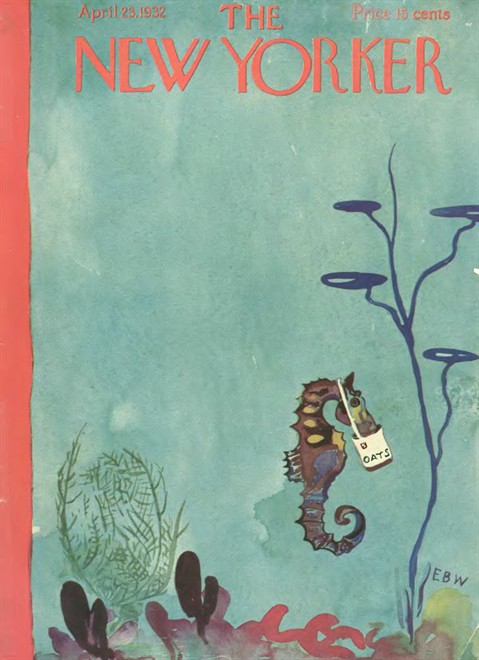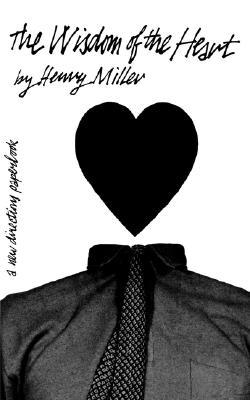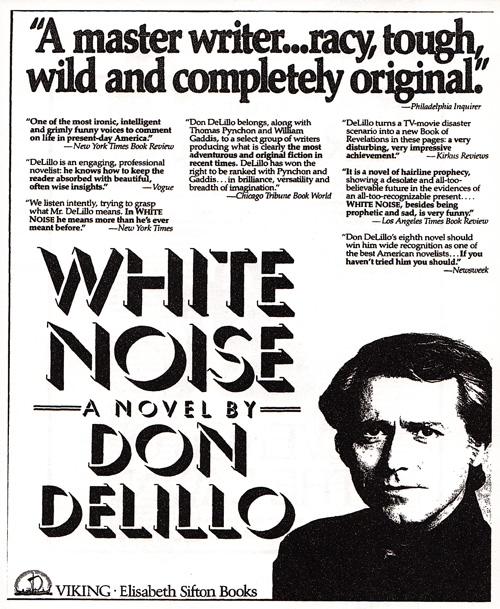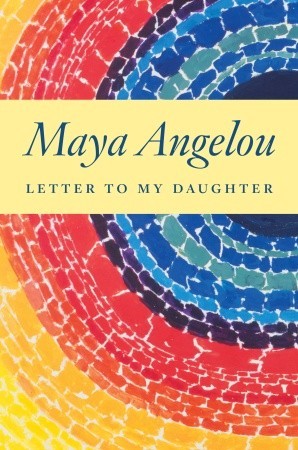IGNORANCE – HOW IT DRIVES SCIENCE
BY STUART FIRESTEIN
"Science is always wrong,"George Bernard Shawfamously proclaimed in
a toast to Albert
Einstein. "It never solves a problem without creating 10 more."
In the fifth century BC, long before science as we know it existed, Socrates,
the very first philosopher, famously observed, "I know one thing, that I
know nothing." Some 21 centuries later, while inventing calculus in 1687, Sir
Isaac Newton likely
knew all there was to know in science at the time – a time when it was possible
for a single human brain to hold all of mankind's scientific knowledge.
Fast-forward 40 generations to today, and the average high school student has
more scientific knowledge than Newton did at the end of his life. But somewhere
along that superhighway of progress, we seem to have developed a kind of
fact-fetishism that shackles us to the allure of the known and makes us
indifferent to the unknown knowable. Yet it's the latter – the unanswered
questions – that makes science, and life, interesting. That's the eloquently
argued case at the heart of Ignorance:
How It Drives Science,
in which Stuart Firesteinsets
out to debunk the popular idea that knowledge follows ignorance, demonstrating
instead that it's the other way around and, in the process, laying out a
powerful manifesto for getting the public engaged with science – a public to
whom, as Neil
deGrasse Tyson recently reminded Senate,
the government is accountable in making the very decisions that shape the
course of science.
The tools and currencies of our information economy, Firestein points
out, are doing little in the way of fostering the kind of question-literacy
essential to cultivating curiosity:
Are we too enthralled with the answers these days? Are we afraid of questions, especially those that linger too long? We seem to have come to a phase in civilization marked by a voracious appetite for knowledge, in which the growth of information is exponential and, perhaps more important, its availability easier and faster than ever.*
The cult of expertise – whose currency are static answers – obscures the
very capacity for cultivating a thirst for ignorance:
There are a lot of facts to be known in order to be a professional anything – lawyer, doctor, engineer, accountant, teacher. But with science there is one important difference. The facts serve mainly to access the ignorance… Scientists don't concentrate on what they know, which is considerable but minuscule, but rather on what they don't know…. Science traffics in ignorance, cultivates it, and is driven by it. Mucking about in the unknown is an adventure; doing it for a living is something most scientists consider a privilege.
[…]
Working scientists don't get bogged
down in the factual swamp because they don't care all that much for facts. It's
not that they discount or ignore them, but rather that they don't see them as
an end in themselves. They don't stop at the facts; they begin there, right
beyond the facts, where the facts run out. Facts are selected, by a process
that is a kind of controlled neglect, for the questions they create, for the
ignorance they point to.
What emerges is an elegant definition of science:
Real science is a revision in progress, always. It proceeds in fits and starts of ignorance.
(What
is true of science is actually also true of all creativity: As Jonah Lehrerputs it “The only way to be
creative over time — to not be undone by our expertise — is to experiment with
ignorance, to stare at things we don’t fully understand.” Einstein knew that, too,
when he noted that without a preoccupation with “the eternally
unattainable in the field of art and scientific research, life would have
seemed… empty.” And Kathryn Schulz touched on it with her meditation on pessimistic
meta-induction.)
In highlighting this commonality science holds with
other domains of creative and intellectual labor, Firestein turns to the poet John Keats, who
described the ideal state of the literary psyche as Negative Capability — “that is when
a man is capable of being in uncertainties, Mysteries, doubts without any
irritable reaching after fact & reason.” Firestein translates this to
science:
Being a scientist requires
having faith in uncertainty, finding pleasure in mystery, and learning to
cultivate doubt. There is no surer way to screw up an experiment than to be
certain of its outcome.
He
captures the heart of this argument in an eloquent metaphor:
Science, then, is not like the
onion in the often used analogy of stripping away layer after layer to get at
some core, central, fundamental truth. Rather it’s like the magic well: no
matter how many buckets of water you remove, there’s always another one to be
had. Or even better, it’s like the widening ripples on the surface of a pond,
the ever larger circumference in touch with more and more of what’s outside the
circle, the unknown. This growing forefront is where science occurs… It is a
mistake to bob around in the circle of facts instead of riding the wave to the
great expanse lying outside the circle.
However,
more important than the limits of our knowledge, Firestein is careful to point
out, are the limits to our ignorance. (Cue in Errol Morris’s fantastic 2010
five-part New York Times series, The Anosognosic’s Dilemma.)
Science historian and Stanford professor Robert
Proctor has even coined
a term for the study of ignorance — agnotology — and, Firestein argues, it is a
conduit to better understanding progress.
Science
historian and philosopher Nicholas
Rescher has offered a
different term for a similar concept: Copernican
cognitivism, suggesting that just like Copernicus showed us there was
nothing privileged about our position in space by debunking the geocentric
model of the universe, there is also nothing privileged about our cognitive
landscape.
But
the most memorable articulation of the limits of our own ignorance comes from
the Victorian novella Flatland, where a
three-dimensional sphere shows up in a two-dimensional land and inadvertently
wreaks havoc on its geometric inhabitants’ most basic beliefs about the world
as they struggle to imagine the very possibility of a third dimension.
An
engagement with the interplay of ignorance and knowledge, the essential
bargaining chips of science, is what elevated modern civilization from the
intellectual flatness of the Middle Ages. Firestein points out that “the
public’s direct experience of the empirical methods of science” helped humanity
evolve from the magical and mystical thinking of Western medieval thought to
the rational discourse of contemporary culture.
At
the same time, Firestein laments, science today is often “as inaccessible to
the public as if it were written in classical Latin.” Making it more
accessible, he argues, necessitates introducing explanations of science that
focus on the unknown as an entry point — a more inclusive gateway than the
known.
In
one of the most compelling passages of the book, he broadens this insistence on
questions over answers to the scientific establishment itself:
Perhaps the most important
application of ignorance is in the sphere of education, particularly of
scientists… We must ask ourselves how we should educate scientists in the age
of Google and whatever will supersede it… The business model of our
Universities, in place now for nearly a thousand years, will need to be
revised.
[…]
Instead of a system where the
collection of facts is an end, where knowledge is equated with accumulation,
where ignorance is rarely discussed, we will have to provide the Wiki-raised
student with a taste of and for boundaries, the edge of the widening circle of
ignorance, how the data, which are not unimportant, frames the unknown. We must
teach students how to think in questions, how to manage ignorance. W. B. Yeats
admonished that ‘education is not the filling of a pail, but the lighting of a
fire.’
(For
a taste of what modern science education can and should be like beyond the
academy, see Joe Hanson’s It’s Okay To Be Smart, Ed Yong’s Not Exactly Rocket Science, and
Bora Zivkovic’s Twitter
feed.)
BRAIN
0039
Firestein
sums it up beautifully:
Science produces ignorance, and
ignorance fuels science. We have a quality scale for ignorance. We judge the
value of science by the ignorance it defines. Ignorance can be big or small,
tractable or challenging. Ignorance can be thought about in detail. Success in
science, either doing it or understanding it, depends on developing comfort
with the ignorance, something akin to Keats’ negative capability.



























